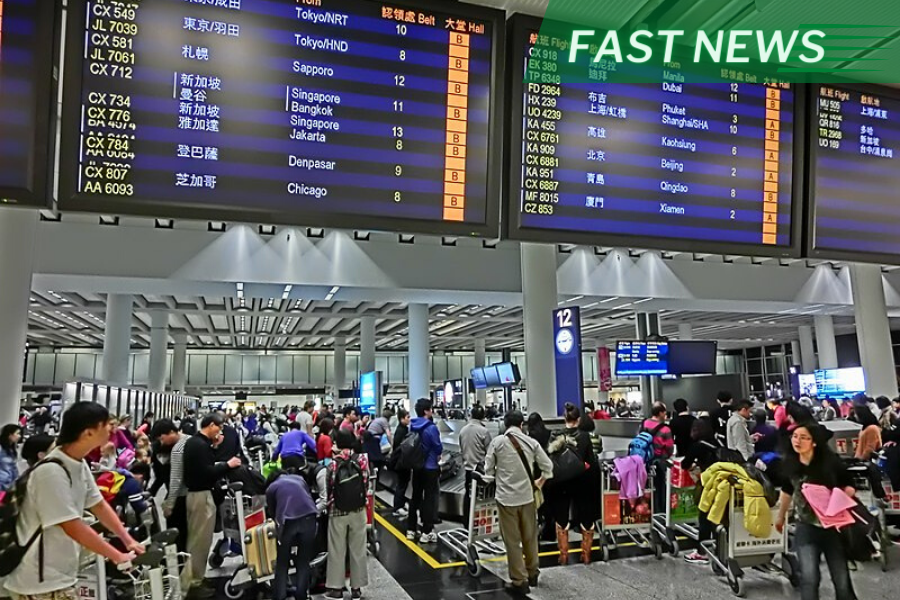Fast News: China Stocks Rise as China Scraps Covid Quarantine for International Arrivals

The Latest: China announced on Monday that inbound travellers will no longer need to quarantine when they arrive in the country starting Jan. 8.
Looking Up: The scrapping of such quarantines is a major step in China’s re-opening of its borders as it shifts from its “zero Covid” policy. The step is likely to improve confidence among foreign investors, helping to boost the world’s second largest economy.
Take Note: China’s economy has been hard hit by its stringent Covid-control restrictions since the pandemic began three years ago. With a high unemployment rate of almost 6% and plunging economic growth, the battered economy may still take a while to rebound.
Digging Deeper: China previously adhered to a zero Covid policy since the pandemic began in 2020. The policy aimed to keep cases as close to zero as possible by implementing mass testing, quarantines and strict lockdowns and other controls across the entire country. One of the most acute cases occurred in Shanghai earlier this year, when residents were confined to their homes for two months during one of the nation’s worst outbreaks. The government announced its intent to exit zero Covid in early December, and the scrapping of quarantine requirements for inbound travellers is the latest step in that campaign.
Market Reaction: The Hang Seng China Enterprises Index rose 2.5% on Wednesday morning in Hong Kong, the first trading day after the long Christmas holiday, to close at 6,815 by the mid day break.
Reporting by Chan Ka Po
To subscribe to Bamboo Works free weekly newsletter, click here






